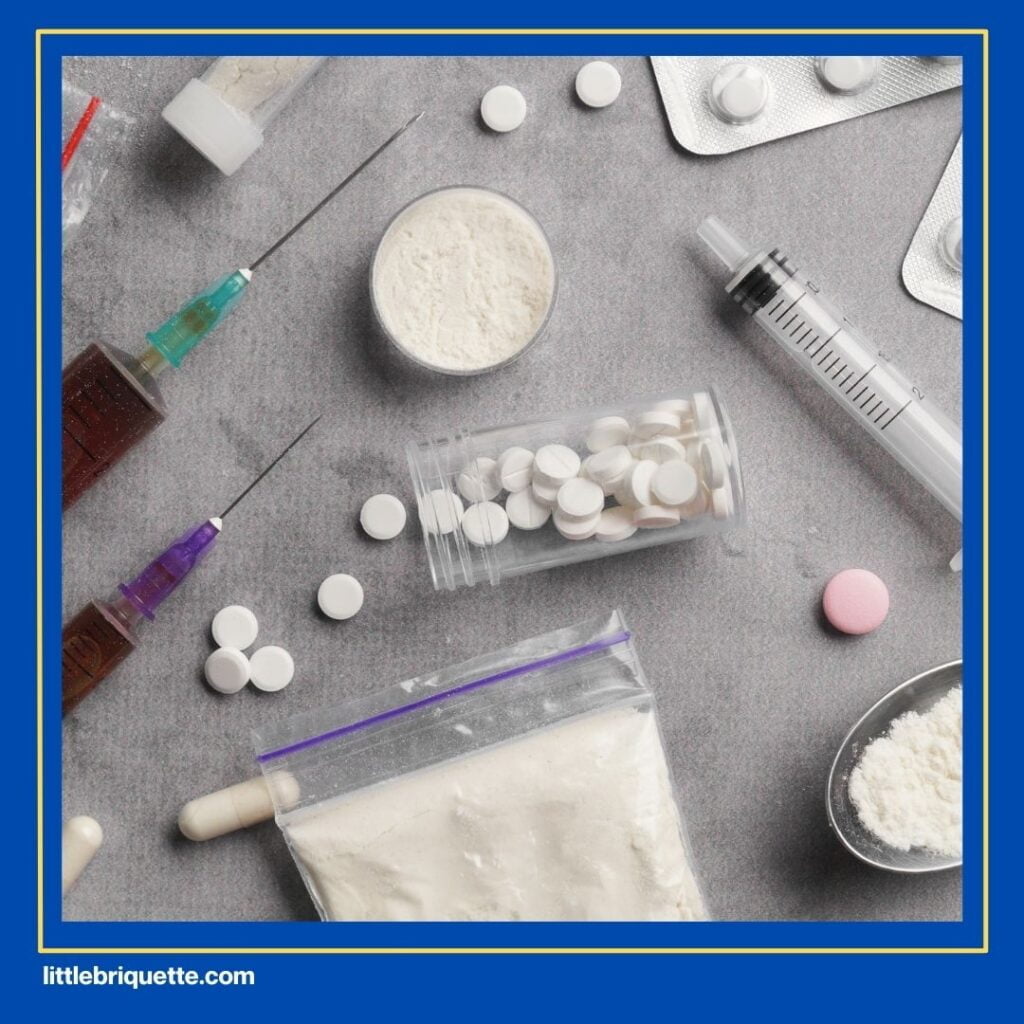Apart from serving as a fuel substitute, coconut charcoal also functions as a treatment aid. Coconut charcoal for medicine is known for its ability to absorb toxins within the body due to its carbon content. Therefore, the use of coconut charcoal is gaining popularity for its many benefits. This phenomenon demonstrates that coconut charcoal is not merely a conventional fuel but also holds potential as an alternative in both traditional and modern medicine.
There is increasing interest in coconut charcoal as a natural treatment due to its recognized medical applications. From detoxifying the body to aiding digestion and teeth whitening, coconut charcoal has proven beneficial in enhancing human health. With growing scientific research supporting these claims, public confidence in coconut charcoal’s potential as a natural solution for various health issues continues to rise.
History of Coconut Charcoal for Medicine
Coconut charcoal has been widely used in traditional medicine across various cultures worldwide. In tropical regions where coconuts thrive, coconut charcoal can be produced as a byproduct from burning coconut shells to create charcoal. Initially used as a fuel for cooking and heating purposes, people began to empirically notice its positive effects on human health when consumed or used externally.
Coconut charcoal’s role in medicine is particularly significant in Ayurvedic and Classical Chinese medicine:
Ayurvedic Medicine

Ayurveda is an ancient Indian medical system rooted in the balance among body, mind, and soul principles. Based on ancient Vedic teachings, Ayurveda believes that optimal health is achieved through harmony of the basic elements of nature (dhatus) and life energy (prana) within the body. Ayurvedic treatment takes a holistic approach, considering factors such as individual constitution (dosha), dietary habits, and environment to diagnose and treat diseases. Therapies in Ayurveda include herbal remedies, dietary adjustments, yoga, meditation, and body cleansing techniques like Panchakarma to restore natural balance and overall health.
Classical Chinese Coconut Charcoal for Medicine

Classical Chinese Medicine refers to a traditional medical system developed over thousands of years in China. Based on Taoist philosophy and concepts of Yin-Yang and the Five Elements (Wood, Fire, Earth, Metal, Water), Classical Chinese Medicine views health as a result of balanced vital energy (Qi) within the body. Diagnosis involves examining the pulse, tongue, and body patterns to identify imbalances that may lead to illness. Therapies in Classical Chinese Medicine include acupuncture, herbal medicine, dietary adjustments, breathing exercises (Qigong), and physical manipulations like massage (Tui Na). Its holistic approach considers the relationships among body organs and promotes long-term health maintenance and disease healing by restoring disrupted Qi flow.
Both Ayurvedic and Classical Chinese medicine systems recognize the therapeutic potential of coconut charcoal, integrating it into their respective practices for its detoxifying and health-promoting properties. This historical use underscores coconut charcoal’s enduring significance as a natural remedy in traditional and modern medicine contexts.
Composition of Coconut Charcoal
Coconut charcoal is a product derived from burning coconut shells and possesses a complex chemical composition. Generally, this product contains approximately 70-90% carbon, with the remainder consisting of various minerals and organic compounds. Other major components include potassium, phosphorus, magnesium, calcium, as well as some carbonized compounds like tar, polyphenols, and carbohydrates.
This composition gives coconut charcoal the ability to absorb toxins and harmful substances in the body through chemical adsorption processes. In medical applications, coconut charcoal’s detoxifying ability is highly valued, helping to alleviate symptoms of food poisoning, improve digestion by reducing gas and bloating, and used in natural teeth whitening. Its adsorptive properties also make coconut charcoal an effective material for water filtration.
Thus, the distinctive chemical composition of coconut charcoal supports its various medical applications and other uses, making it a valuable natural substance in healthcare and environmental cleanliness efforts.
Recent Scientific Research on Coconut Charcoal for Medicine
Recent scientific studies have significantly supported health claims associated with the use of coconut charcoal. Several studies indicate that coconut charcoal has the ability to absorb toxins and harmful substances in the human body, such as heavy metals and hazardous chemicals, through effective adsorption processes. This makes it useful in the treatment of food poisoning and specific drug overdoses. Furthermore, coconut charcoal has also been studied in the context of natural teeth whitening, with some research supporting its effectiveness in removing stains from teeth without damaging enamel.
However, some studies have also revealed potential side effects from the use of coconut charcoal. For instance, excessive consumption may lead to digestive disturbances like constipation. Other potential side effects include possible interactions with certain medications and reduced absorption of essential nutrients in the body if used continuously in large doses. Therefore, while research supports its benefits in certain applications, the use of coconut charcoal needs to be carefully regulated and tailored to the specific needs of patients to avoid potential unwanted side effects.
User Guide
The proper use of coconut charcoal for treatment encompasses several important aspects to ensure its effectiveness and safety. Ensure you are using a product sourced from a reliable and quality-assured supplier. Coconut charcoal is typically available in powder or capsule form for oral consumption, as well as in powder form for external applications such as teeth whitening. Below is the proper usage guide.
Consumption and Dosage

For detoxification or treating digestive disorders, coconut charcoal is usually consumed by mixing it in water or milk as per the dosage instructions provided by a medical practitioner or trusted herbal expert. Generally, the dosage used is around 1-2 grams of coconut charcoal per kilogram of body weight, taken a few hours before or after meals or medication. It is important not to consume coconut charcoal concurrently with other medications without medical consultation, as it may interfere with drug absorption.
External Application

For teeth whitening applications, coconut charcoal can be mixed with water or toothpaste and used carefully to brush teeth for a few minutes before rinsing. Avoid brushing too vigorously to prevent enamel damage.
Safety and Side Effects of Coconut Charcoal for Medicine

While coconut charcoal is generally considered safe for short-term use and in recommended doses, excessive or long-term use can lead to digestive issues such as constipation. Always follow dosage guidelines and recommended usage limits. If you experience allergic reactions or other side effects such as nausea, vomiting, or changes in stool, discontinue use immediately and consult a healthcare professional.
Consultation with Experts

Before starting the use of coconut charcoal for treatment purposes, it is advisable to consult with a doctor or experienced herbalist. They can provide more specific guidance tailored to individual health conditions and ensure coconut charcoal is used appropriately and safely.
Coconut Charcoal Purchasing Center
Using high-quality coconut charcoal for treatment is essential. You can obtain high-quality coconut charcoal exclusively at Little Briquette by contacting this number.

